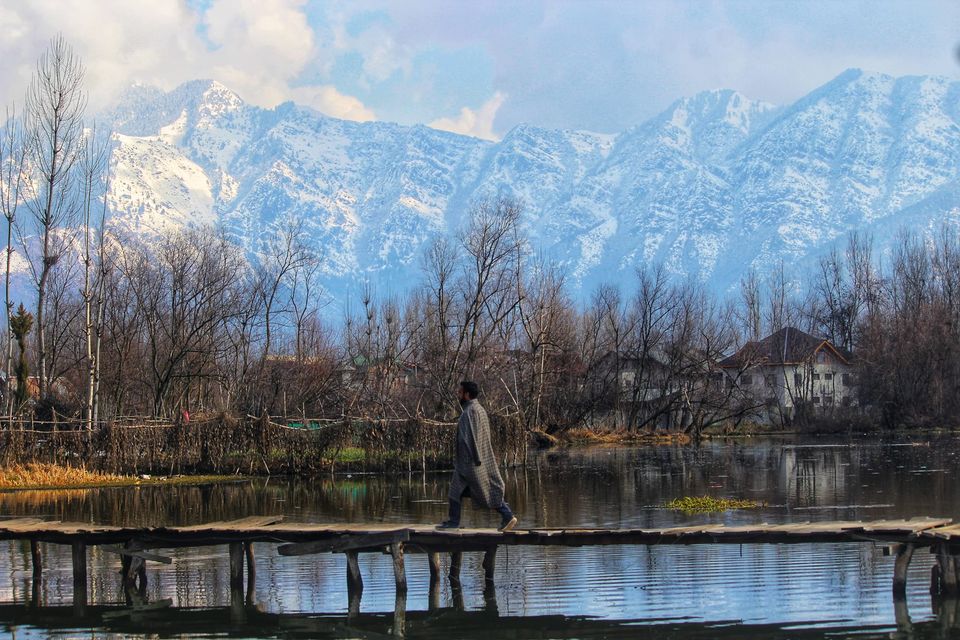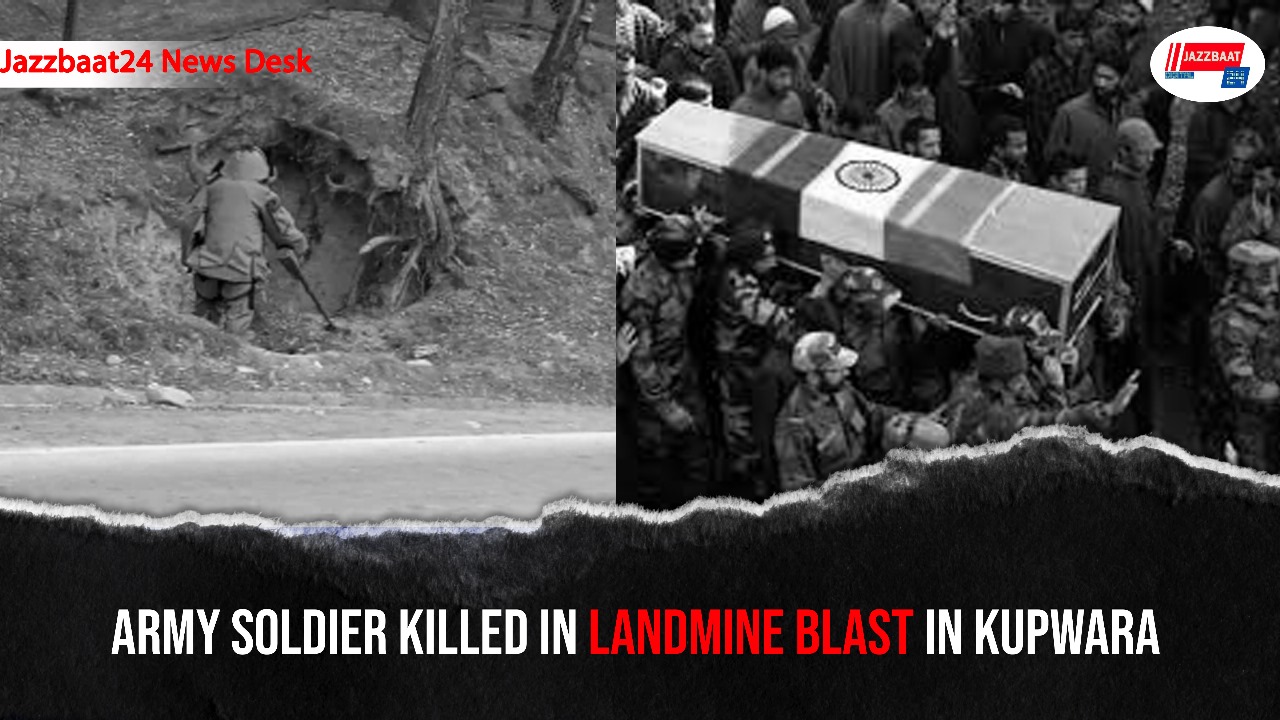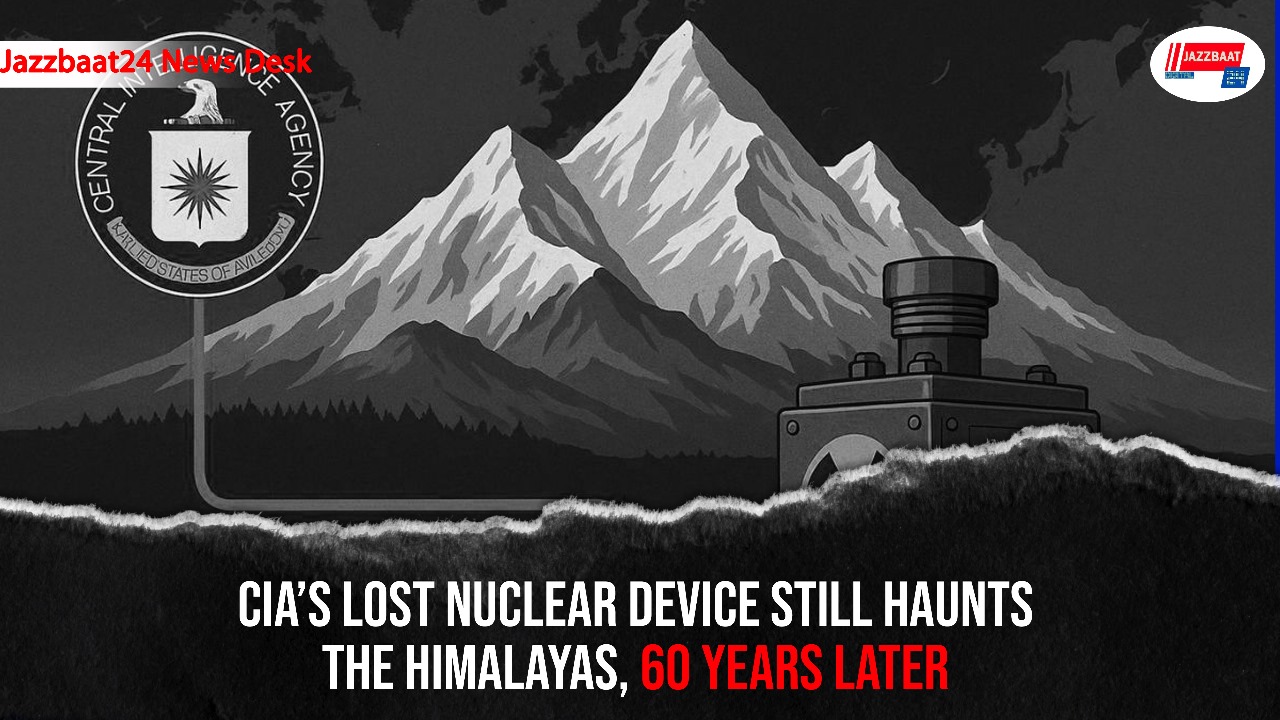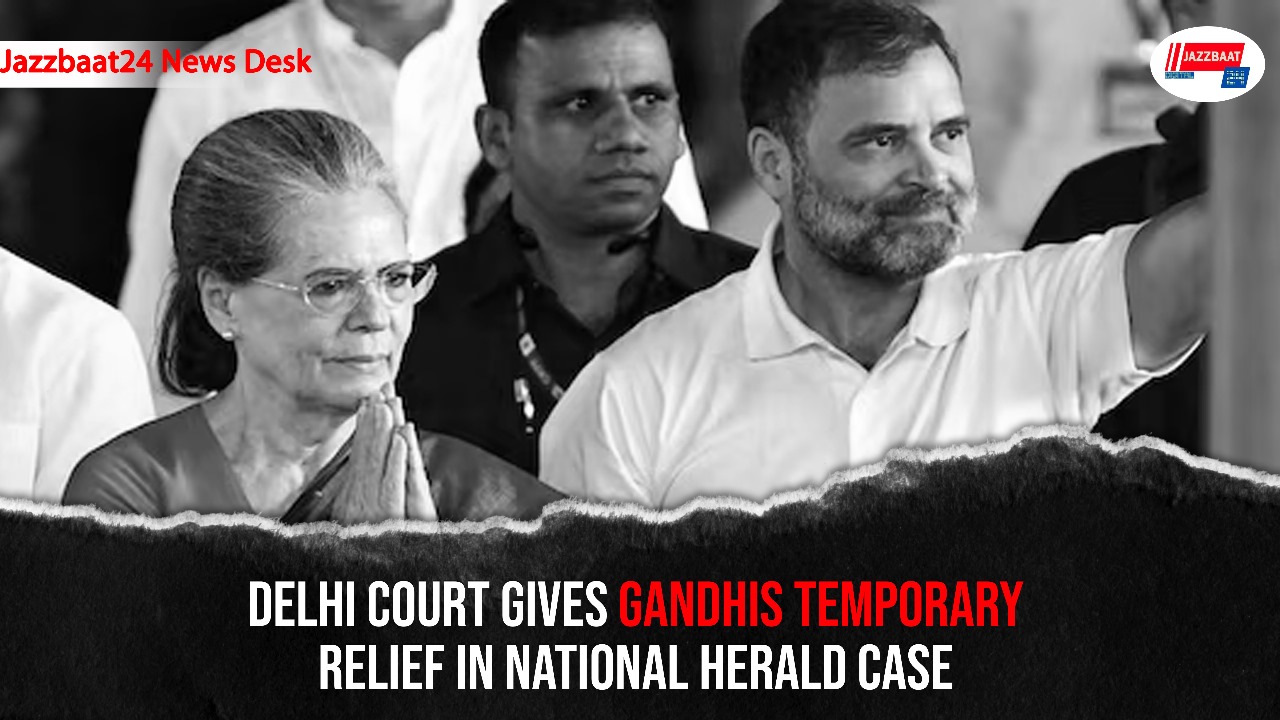The conflicts on the land of Kashmir is soluble only if a pragmatic, realistic and tangible strategy forms up to help set the stage to put the issue of the valley on the road to a durable settlement.
As we are more concerned about setting the stage for settlement rather than the shape the settlement will take, we believe that it is both untimely and harmful to indulge in or encourage controversies about the most desirable solution to the dispute.
Any attempt to do so at this point of time amounts to playing into the hands of those who would prefer to maintain a status quo that is intolerable to the people of Kashmir and also a continuing threat to peace in India.
The UN is in a unique position to play a more activist and mediatory role in regard to Kashmir by initiating a peace process. This can take the shape of either six-party talks involving the UN, China, Russia, India, Pakistan and Kashmir or the appropriate use of the newly developed procedures and mechanics at the UN
What is
the UN's duty?
The US, by itself or through the UN, would supply the catalyst that is needed for a settlement. There are other alternative courses of action that can be spelled out and involve a sequence of interactive steps over a period of time. Eventually, none of them would put the peace process on point in old texts.
However, if a solution is there, then the violence in Kashmir needs to be brought to a quick end in order to set the stage for a solution. It is interesting to note that when the Kashmir dispute erupted in the year 1947-48, the world powers championed the stance that the future status of Kashmir must be determined by the will of the people of the territory and that their wishes must be ascertained under the supervision and control of the U.N.
The U.S. was a principal sponsor of Resolution 47, which was adopted by the Security Council on April 21, 1948, and was based on that unchallenged principle. The basic formula for settlement was incorporated in later resolutions.
What are
the urgent necessities?
Today, the urgent necessities are huge:
● To demilitarize the area of conflict through a phased withdrawal of the troops of both India and Pakistan from the area under their respective control.
● To take the sting out of the dispute by detaching moves toward demilitarization of the state from the rights, claims or recognized positions of the three parties involved.
● At times, various proposals have been made by different people to set the stage for a settlement of the long-standing conflict of Kashmir. Most of them seem to be absolute non-solutions.
However, regarding solutions, it is noteworthy to mention that it is not helping without: Time. If its not for the side of Kashmiris, even time can never heal the problem.
As a personal belief, any future negotiations between India and Pakistan can be meaningful and successful if all parties concerned – the governments of India and Pakistan and the Kashmiri leadership – take the following steps:
First, the Indian government must rescind the Domicile law, which was enacted in 2020 simply to change the demography of J&K. Until this is done, the people of Kashmir are on the brink of genocide.
Second, there has to be a cease-fire from all sides that must be followed by negotiations. Negotiations cannot be carried out at a time when parties are trying to kill each other.
Third, there cannot be and should not be any preconditions from any party other than a commitment to non-violence and to negotiations.
Fifth, there's a special need to invoke principles because principles will not help launch a peace process. Principles can easily be twisted and lend themselves to various interpretations.
A real
need for democracy
It should be put forth that the Kashmiri people are for democracy. They believe that their leadership and the future disposition of the state must be ascertained through a democratic process.
Kashmiri people will participate in the election if they are part of a process, which would eventually lead to the Kashmiris’ goal of self-determination. The election process must be organized and monitored by the U.N.
The elected representatives should have the mandate to enter into negotiations with India and Pakistan. Impartial and neutral monitors should supervise the whole election process, including the preparation of voter registration. The constitutional requirement for candidates to take an oath of allegiance to the Indian Constitution has to be waived.
Finally, history will testify that the final settlement of the Kashmir conflict undoubtedly brought peace and security not only to Jammu and Kashmir but also to the whole region of South Asia – home to one-fifth of the human race.





